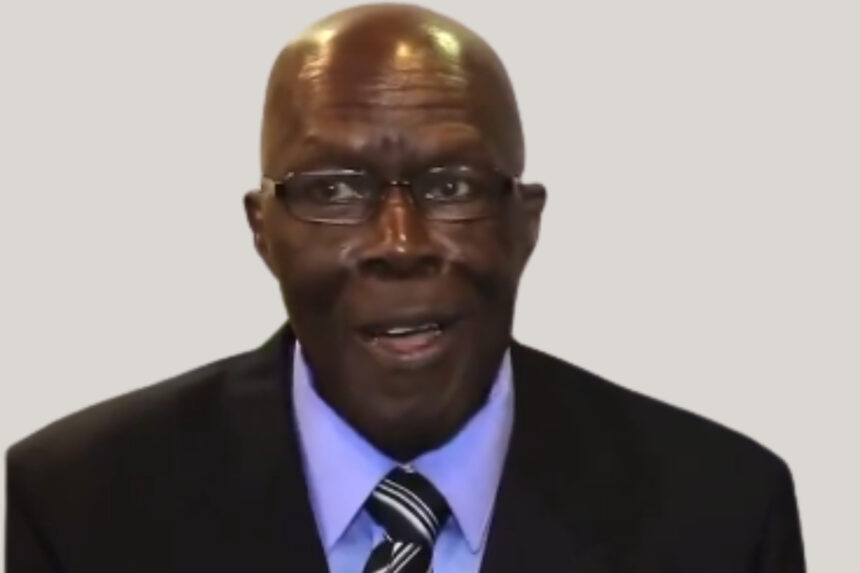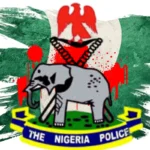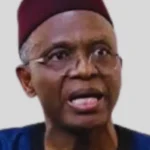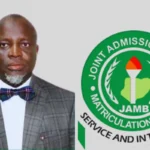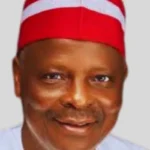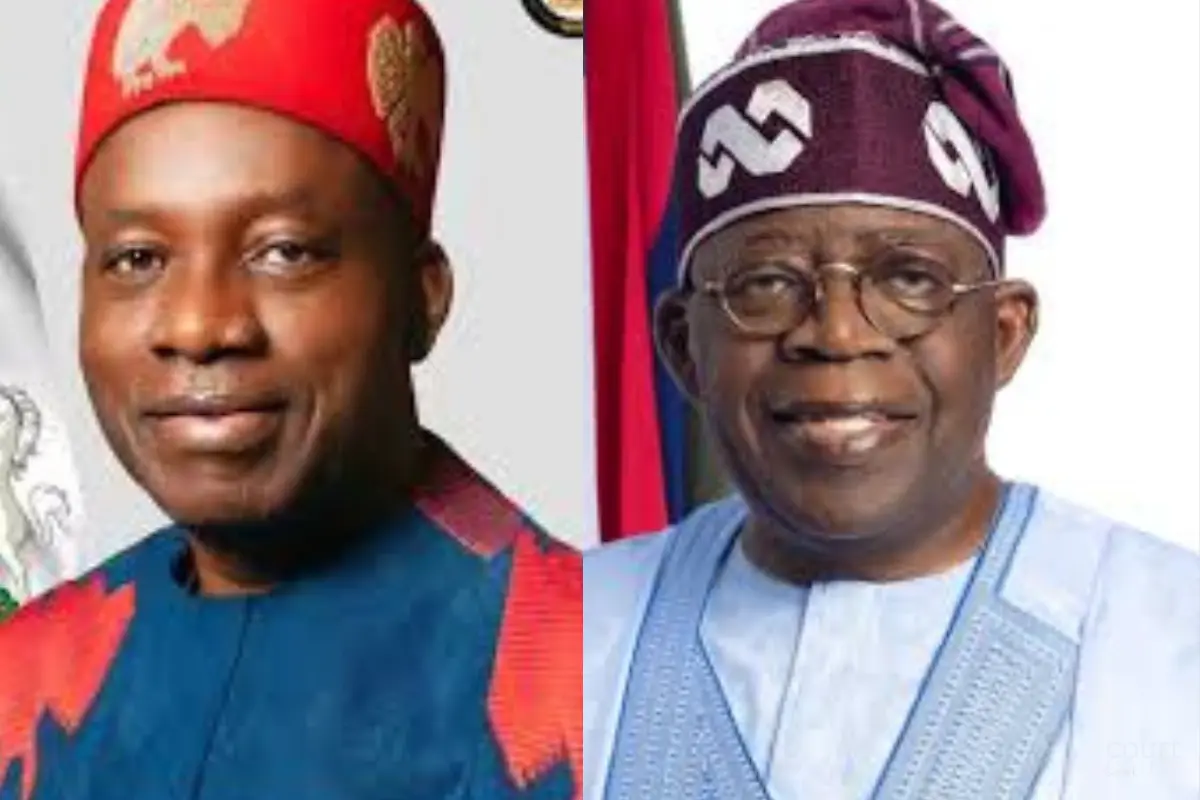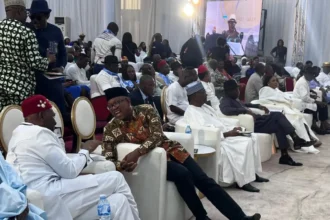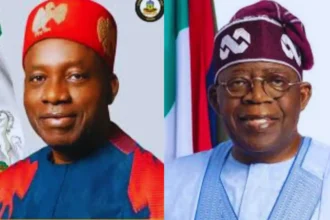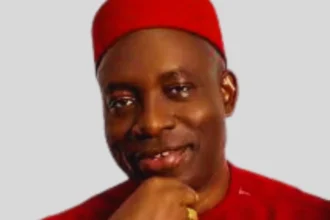The late Professor Humphrey Nwosu, a pivotal figure in Nigeria’s democratic journey, will be laid to rest this month, months after his passing. As the chairman of the National Electoral Commission (NEC), he played a historic role in overseeing the June 12, 1993, presidential election widely regarded as Nigeria’s most credible electoral process.
Nwosu introduced the groundbreaking Option A4 voting system, which enhanced electoral transparency and minimized fraud. Although the election results were annulled by the then-military government, his dedication to fairness and democratic ideals cemented his legacy as one of Nigeria’s most respected electoral reformers. Yet, decades later, the credibility and transparency he championed remain elusive in Nigeria’s electoral process.
In a significant acknowledgment of Nwosu’s work, former military President Ibrahim Badamasi Babangida (IBB) confirmed in his book A Journey in Service that MKO Abiola won the election, a result Nwosu had tried to announce before the process was halted. This revelation reaffirms the credibility of the election Nwosu managed and further highlights the injustice of its annulment. It also raises the question: Has Nigeria moved forward or regressed in its democratic aspirations?
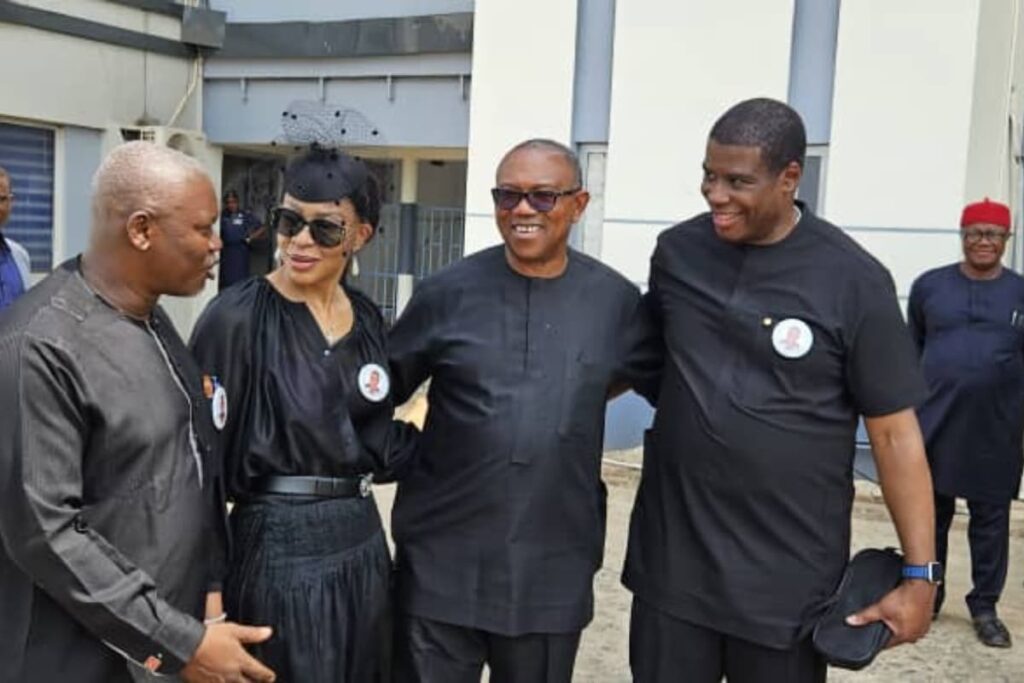
Honoring his legacy, Mr. Peter Obi, the 2023 presidential candidate of the Labour Party, joined Nwosu’s family at Akanu Ibiam International Airport, Enugu, to receive his remains. In a heartfelt tribute, Obi described Nwosu as “a true hero of democracy” and an example of the kind of leadership needed to ensure transparent elections in Nigeria.
“May God grant future generations a country where elections are conducted with the integrity and transparency exemplified by Prof. Nwosu’s life and service,” Obi stated, offering prayers for his eternal rest and condolences to his family.As Nigeria prepares to bid farewell to this electoral pioneer, the lingering question remains: Would Nwosu’s principles have prevented the rigging and controversies surrounding the 2023 elections? His legacy is a stark reminder of what Nigeria once achieved and how far it still has to go in its pursuit of true democracy.
